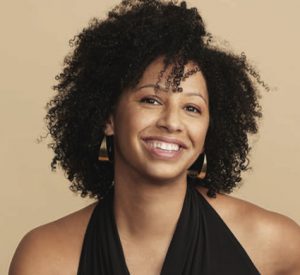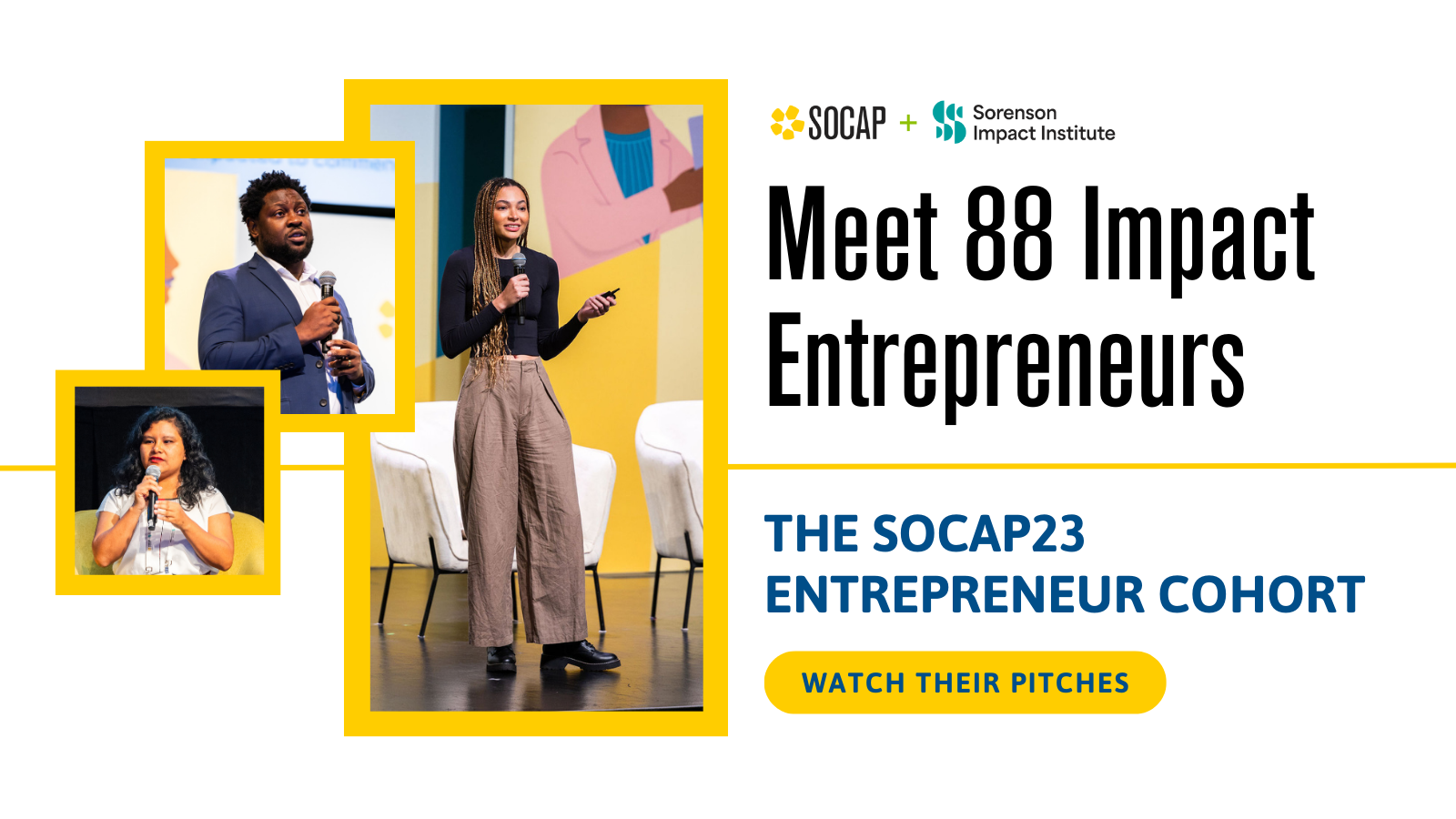This article is part of a series, The Wisdom of Women: Bold Insights From World Change.
“A quality education has the power to transform societies in a single generation.”
— Audrey Hepburn
Unlike the generations before us, who worked to work, worked to eat, and worked to take care of people, we are now working to make a difference. We are no longer accepting working without meaning. In fact, many of us are no longer accepting anything without meaning — partially because we are also becoming a new kind of consumer. We are drawn to brands that share our values. We are boycotting and buycotting to let them know. We are demanding businesses pay their employees well, be kind to our planet, and deliver the utmost in service and quality.
Although this does not (yet) apply to all of us, statistically it applies to more of us than not. I also know this to be true in my life and the lives of people in my circle. I went to work for my first nonprofit in 1998. In 2012, I wrote a blog post about three guys that started a social enterprise in Thailand and declared that I wanted to start something like that. For the past 22 years, I have been searching for a way to support myself from doing work that means something — work that will be my legacy.
This work goes by many names: nonprofits, NGOs, conscious capitalism, conscious business, social enterprise, social impact, and values-based business. But it all lives under the title “Meaning Economy” — a phrase I first saw in 2017. As a society we moved from the Industrial Economy (where things were manufactured) to the Information Economy (where things were learned) to the Meaning Economy (where things are experienced).
“In the Meaning Economy, meaning defines value, experiences prevail over ownership, products become services, services become platforms, and traditional roles such as producers, customers, employees often become blurred to look more like partners in the co-generation of value,” says Manuel Maqueda, author of the forthcoming book, “The Meaning Economy.”
“And,” Maqueda says, “success in the meaning economy is predicated on inciting meaningful engagement and co-creative practices around values shared by community members.”
I’ve written many times about the need for a collective identity, and lately I’ve been wondering if this could be it. I’m not sure, but I do know this:
- creating the Meaning Economy on a global scale requires engagement from multiple industries and people.
- creating the Meaning Economy on a global scale requires collaboration among these people.
- creating the Meaning Economy on a global scale requires leaders like Jessica Yinka Thomas, MBA, who are expert bridge-builders.
Thomas was born in Miami to an American mother and Nigerian father. When she was quite young, they moved to Nigeria so her father could be an Economics Professor. After three years, they moved to Senegal. They spent school years in West Africa and summers in the US — two completely different worlds that she learned to reconcile as a child and young adult, two worlds that mirror those of social good and capitalism.

Jessica Yinka Thomas, Founder & President of B Academics; Director of the Business Sustainability Collaborative at NC State University
She has described being keenly aware of the dichotomy: one place where people needed so much, in contrast with one place where people had so much. I suspect she was viewing this through her incredibly talented STEM brain and the critical thinking skills of an Economics Professor father when she said, “I always knew I’d do something to help bridge that gap.”
In some ways, it reminds me of a time when I lived in Texas and we hadn’t had rain in months. The news was showing flooding someplace that was so horrible. People were losing everything. I wondered out loud why (with all of our modern technologies), we couldn’t get some of that excess rain to Texas.
These are the kinds of questions that Thomas has been asking and answering for the same 22 years. She got a degree in engineering from Stanford (she could literally be a bridge-builder) and has been building bridges ever since. Some examples: LeapFrog, combining play, music, and math to an interdisciplinary business plan competition to commercialize a technology specifically for use in developing countries at Duke; UNC to build and run BASE (business accelerator for sustainable entrepreneurship); North Carolina State launching the globally renowned first-of-its-kind B Corp Clinic, which led her to the position of Director of the Business Sustainability Collaborative; and eventually, the creation of B Academics, the global B Corp Academic Community, working to advance the state of academic study into business as a force for good.
And Thomas is so much more than all of that.
She expands when people’s lives change. I read an interview where she said one of her favorite moments was in 1999, when Oprah chose a LeapFrog toy for her Oprah’s Favorite Things episode. “The camera zoomed in on this young black girl who was just bopping along to this toy where you twist a dial,” Thomas says. “She was just doing multiplication tables, jamming away.”
She engages the youthful energy of her students. Her hope is that by influencing them while they are still trying to figure out where they fit, she can inspire them to use business as a force for good. She works with hundreds of students a year through teaching, running programs, and speaker events. B Academics is now over 1,900 people strong and has the collective potential to engage over one million students each year.
She elevates her understanding of the world and its problems continuously. Once overwhelmed by understanding the challenges of the world at a young age, she is now inspired by the innovative solutions and creative collaboration that she sees.
She examines, educates, encourages, and excites. She is equal parts engineer and equilibrium. She is also every bit human. And, she is a woman. A woman who is keenly aware of the important role women have always played in community building and ensuring long-term stability — a woman who knows that academics is one of many pieces of this puzzle that must come together to solidify the Meaning Economy.
She is a woman who envisions a world where every student, consumer, policy maker, investor, entrepreneur, and community member understands the power they hold to address the world’s greatest challenges by making purposeful decisions about where we work, how we spend our money, how we engage in our community and how we build businesses.
And is making it happen one bridge at at time.
See the rest of this series at The Wisdom of Women: Bold Insights From World Change.







